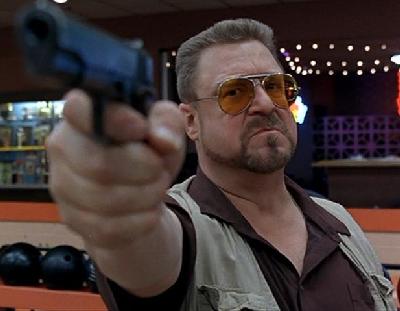Having played Final Fantasy XI Online for over eight years, I was eagerly awaiting the release of Final Fantasy XIV back in late 2010. As most people know, the game was easily the biggest blunder of 2010 (and possibly 2011, 2012, and 2013). The game was downright terrible. It was obviously rushed out the door at the whims of the corporate suits within Square-Enix who were only concerned about their bottom line. Combine this with the murmurs that the it suffered large budget cuts due to Square-Enix believing the game would fail, yet releasing the game anyways, and you have a powder keg.
A powder keg it was. The backlash over the original launch of Final Fantasy XIV was so bad that Square gave a public apology within days, promising they would make things right and would not abandon the title. This of course was little more than words spoken strictly for the sake of PR. Few people had any reason to believe Square would follow through on It's promise.
Like many who felt burned on the purchase of the game, I quickly forgot about it and moved on. I gave little thought to what changes and improvements were being made to make the game better. As the years passed it was obvious Square was serious on It's promise and continued to fix issues within the game, while doing It's best to appease the players who continued to play XIV.
Then came A Realm Reborn, the re-branding of the game. Having gained a lot of curious buzz from mostly positive beta players, many were eagerly awaiting release, if only to find out if Square really had pulled off the impossible.
Almost three years after It's initial release, Final Fantasy XIV: A Realm Reborn went live. The game was hit by a storm of players. Square admitted they had woefully underestimated consumer demand for the product. Severe log in issues prevented many people who had purchased the game from being able to even play the game for the first few weeks. Server stability caused frequent disconnects and game breaking bugs. Servers filled up so fast that it left many people unable to play with friends, forcing them to either make character on other servers or wait indefinitely until the servers opened back up. These issue got so bad that Square had to suspend sales of the digital version of the game.
These problems are unfortunate, even if most of them have been resolved as of the time I'm writing this. However in the bigger picture these issues mean something far more important, and far more positive. It means the game is popular, It's selling so well that Square can't keep up with the demand. It means that a game that was three years ago considered to be one of the worst games released this generation of games, is succeeding. Not just on a that side of the equation either, it appears many of the people playing the game enjoy it and are having a mostly positive experience within the game.
Having played it myself for the last few weeks, I can attest to this. The game doesn't reinvent the wheel by any mean, nor is it an outright clone of the current king of the genre World of Warcraft. It certainly borrows many standard genre staples, but for now it still maintains an identity all It's own in the crowded MMORPG genre.
Time will tell if XIV holds player interest, but this isn't a review, It's more an observation that the game industry and community should take a long look at. This game clearly says that even the worst train wrecks can be salvaged with enough time and dedication. In a climate where games that don't sell five million copies are being called failures, Final Fantasy XIV should stand as an example that maybe publishers shouldn't be so quick to abandon a game franchise when It's not an instant massive money maker.

Log in to comment